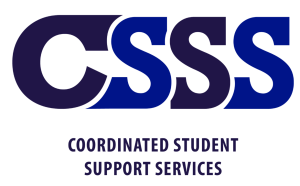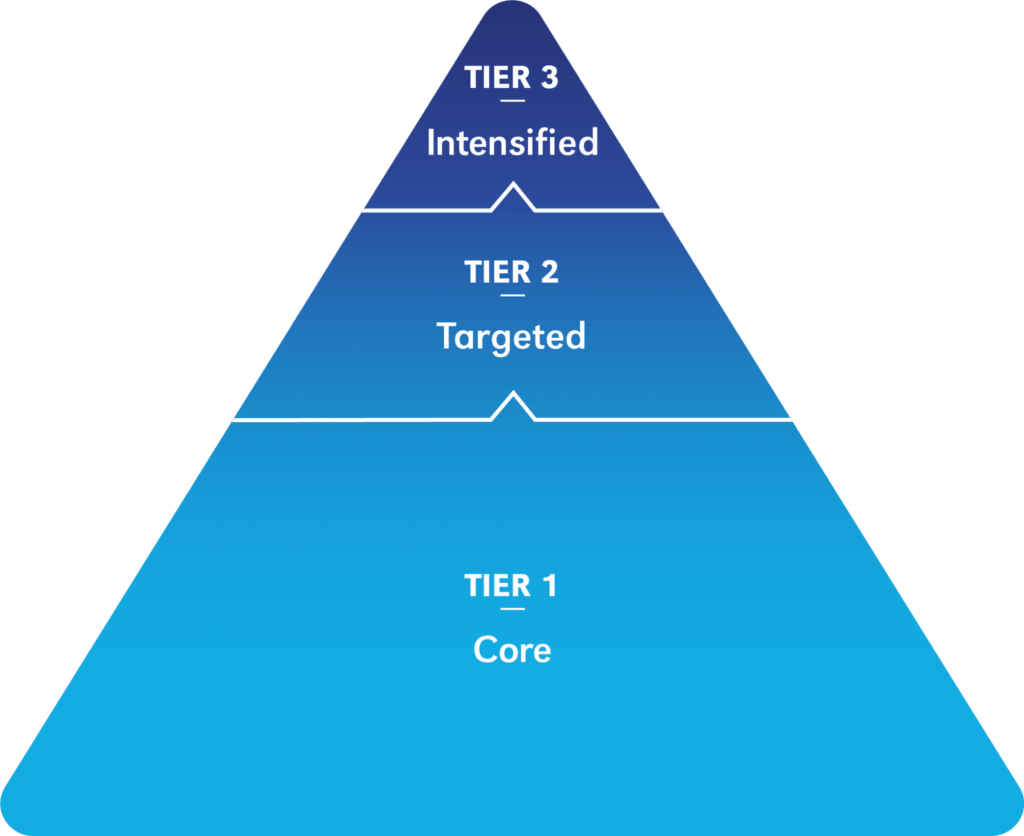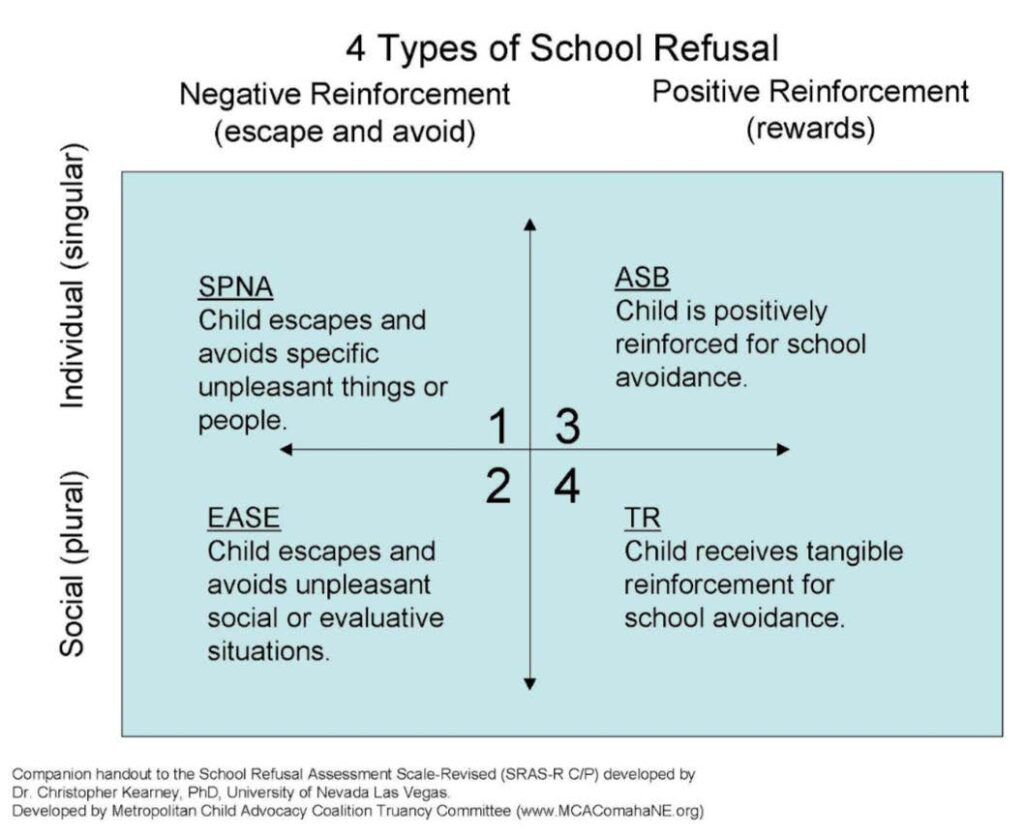Student Attendance
Nebraska School, Family, and Community Engagement Framework
Attendance promotes success and positive outcomes for all learners. To improve attendance, a holistic approach utilizing school, family, and community resources should be taken to identify and address the reasons students are absent from school. For example, a student who is working through mental health concerns may be referred to the Multi-Tiered System of Support, Student Assistance team, or community resource for more intensive, targeted intervention.
Families and students may face challenging situations which impact consistent attendance. Risk factors can include poverty, mental health, lack of connection to students and staff, academic struggles, family crisis, etc. It is important to work closely with the family to address the student’s unique needs to improve attendance.
Local attendance data provides important information to proactively identify demographic groups (examples include ethnicity, free/reduced lunch, special education, English Language Learners, etc.) that are most impacted and work with members of those groups and the community to address attendance in a holistic manner.
- Utilize a variety of preferred communications channels (phone, email, text, social media).
- Provide attendance expectations and resources in the native language of each family.
- Use interpreters for meetings or translated written materials to reach intended audiences.
Chronic Absenteeism
Chronic absenteeism in a school setting is defined by a student missing 10% or more time and participation in the school day (learn more at Nebraska Department of Education or US Department of Education). Students who are chronically absent have difficulty learning to read by the third-grade, achieving in middle school, and graduating from high school. It is also important to note that chronic absenteeism data is used as a filter to identify schools for designations and classifications per Nebraska’s Accountability for a Quality Education System for Today and Tomorrow (AQuESTT).
- When a student is identified as chronically absent, support may be provided through problem solving and early intervention rather than punitive action.
- A multi-tiered system to address chronic absences should include strategies that target the root causes and barriers of those most affected.
- Chronic absence data is a powerful tool for organizing and accelerating efforts to improve outcomes for children.
Practice: Use a multi-tiered system of support to increase overall student attendance rates and address chronic attendance issues by partnering with families and community resources to reduce the barriers to attending school. The Nebraska Multi-Tier System of Supports (NeMTSS) includes proactive strategies for defining, teaching, and supporting appropriate behaviors to create positive environments.
Exemplar: Attendance teams, including a social worker, a community school coordinator, the school principal, nurse, attendance secretary and district family support specialist that meet regularly have been shown to increase attendance and student achievement. Other possible team members could include an afterschool site coordinator or early childhood education coordinator.
Exemplar: A trauma-informed approach to addressing chronic absenteeism helps schools and childcare providers view learner behavior and performance in the context of their lives rather than taking a punitive approach.
Exemplar: Tier 1 expectations would include clear messaging (including translation services as needed) to families and children related to the impact of absences on success, family expectations regarding notifying the school related to their child’s absences, and support available to students and families. A more targeted outreach may be needed for families where communication and collaboration has been difficult.
Practice: Create community conversations to build partnerships, and access community resources that can help schools and/or families to remove barriers to consistent attendance.
Exemplars:
-
- 211 connects professionals and families to expert, caring help. Every call is completely confidential.
- Unite Us can build and scale coordinated care networks, track outcomes together, identify service gaps and at-risk populations, and most importantly, empower members of the community to take ownership of their own health.
- The MyLink APP provides information about resources related to behavioral health, disability services, basic needs, education, employment and other categories throughout Nebraska.
Practice: Use assessment tools to help identify specific family, school and community factors related to school attendance for individual students and develop a student and family support plan.
Exemplars:
-
- The Ohio Scales for Youth are three (parent, youth, and agency worker rated), brief measures used to assess the outcome of mental health services for youth who are 5 to 18 years of age. Manuals and training aids can be found through the link.
- North Carolina Family Assessment Scale (NCFAS) measures how a family is functioning. A training package is available for purchase through the National Family Preservation Network.
- School Refusal Assessment (SRAS-R) is a self-report inventory of reasons for avoiding school. A copy of the SRAS-R and other resources can be downloaded from the School Avoidance Alliance. The website simplified language about School Avoidance for parents as well as resources for educators.
The articles and resources shared in this section point to the need for schools to work collaboratively with families to address chronic absenteeism. The Attendance Playbook, by Phyllis Jordan, is filled with strategies to address student chronic absence, whether it be mild, moderate or severe, and divides strategies into the three tiers of intervention. It identifies the problem each intervention solves and highlights schools or school districts that have used the strategy successfully.
PBiS (Positive Behavior Interventions and Supports) is a behavior based and research validated process that increases the capacity of schools, families, and communities to develop preventive, proactive, positive environments. The process focuses on building school-wide, classroom and individual systems of support general enough to assist all students, but focused enough to provide students at risk individual help. The NDE has a variety of PBiS resources and coaches throughout the state. Educational Service Units (ESU’s) also have personnel who can assist school systems with building PBiS practices. The Pyramid Model is an additional behavior resource that focuses on behavior support for pre-K learners.
A research article authored by Christopher Kearney, a clinical child psychologist who specializes with internalizing problems in youth, explores factors associated with problematic absenteeism and school refusal behavior. Excused and unexcused absences are discussed along with the impact of school withdrawal and exclusionary practices.
Family involvement is viewed as having the most positive impact on school attendance rates. Research has found that most families don’t know how many days their child is absent each year and few understand how attendance impacts school achievement, especially in the early grades. Schools & childcare providers can engage with families early and take a strengths-based approach that supports the family to improve school attendance by utilizing approaches outlined in the following articles.
- Bringing Attendance Home: Engaging Parents in Preventing Chronic Absence (2018)
- Portraits of Change: Aligning School and Community Resources to reduce Chronic Absence (2017)
Attendance Overview
- “School Leader’s Guide to Tackling Attendance Challenges” This book by Randy & Jessica Sprick provides resources to develop a multi-tiered system of support to prevent and respond to attendance issues.
- Attendance Works website provides information related to nearly every aspect of attendance including systems, best practices, research and communication.
- Attendance Playbook by Phyllis Jordan is a 2020 resource that describes multi-tier interventions and approaches to address attendance issues in the COVID era.
- The Link Between School Attendance and Good Health is a 2019 article published by the American Academy of Pediatrics that discusses the link between chronic absenteeism and health.
- The Nebraska Legislature provides the Nebraska state statute related to school attendance.
- The Collaborative Plan User’s Guide created by Lincoln Public Schools guides teachers and staff through the truancy referral process and ensures the process meets the requirements of state law.
Multi-tiered Systems of Support
- PBIS.org website provides information and a multitude of resources related to building a system of Positive Behavior Interventions and Supports.
- The PBiS Program Information – Nebraska Department of Education is a resource provided by the Nebraska Department of Education describing the PBiS approach that has met with resounding success nationwide and in Nebraska
- The MTSS-B website provides information from Lincoln Public Schools related to their multi-tiered system of support for behavior.
- Classroom Practices Lincoln Public Schools website describes specific classroom practices to help staff develop positive classroom behavior systems.








